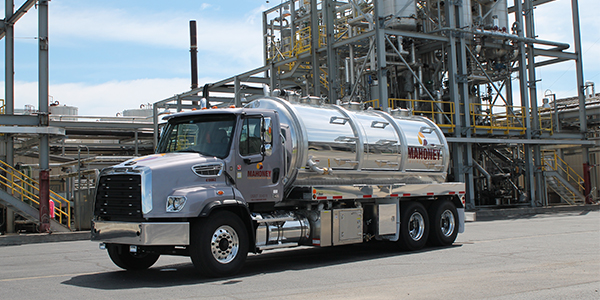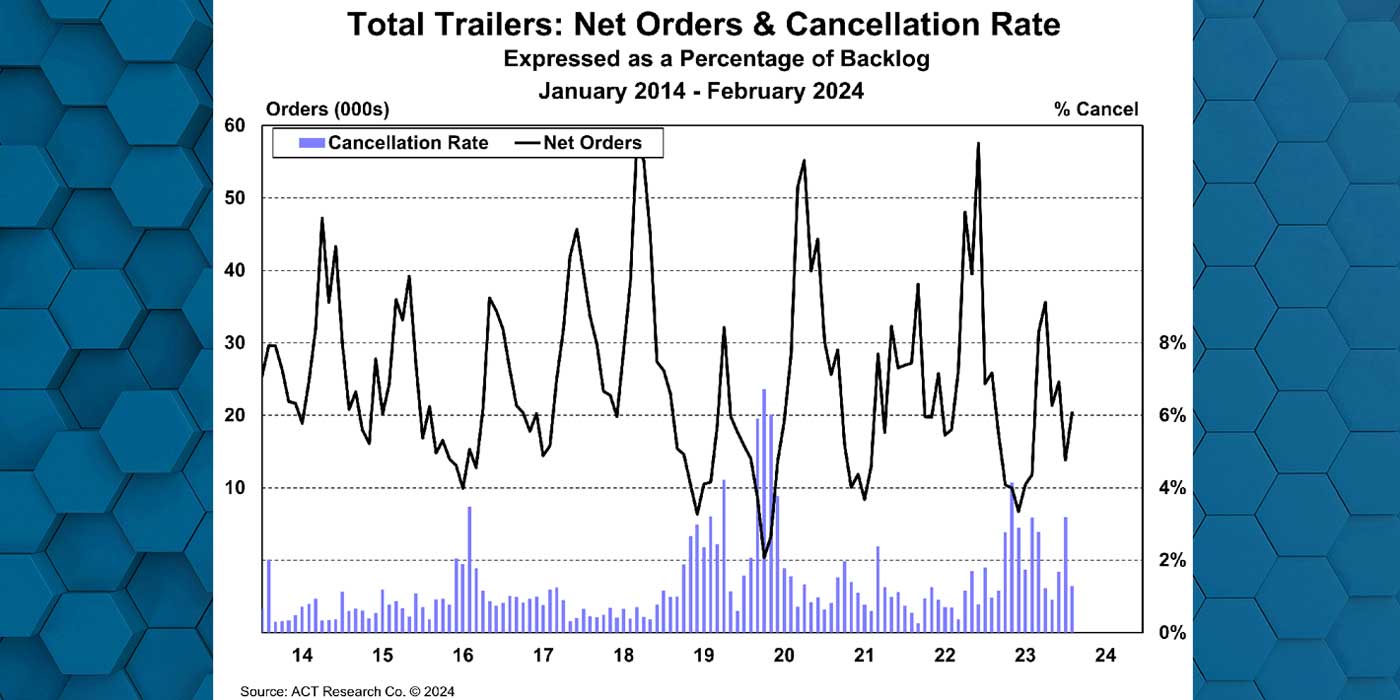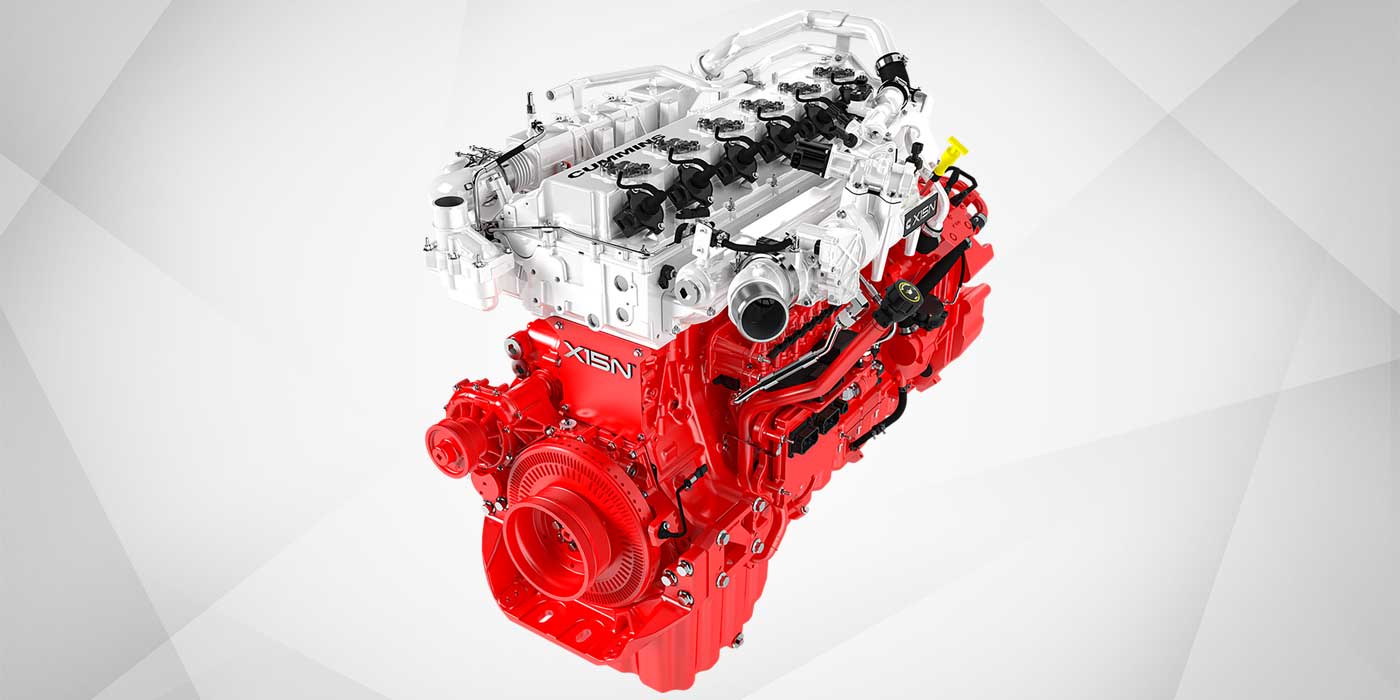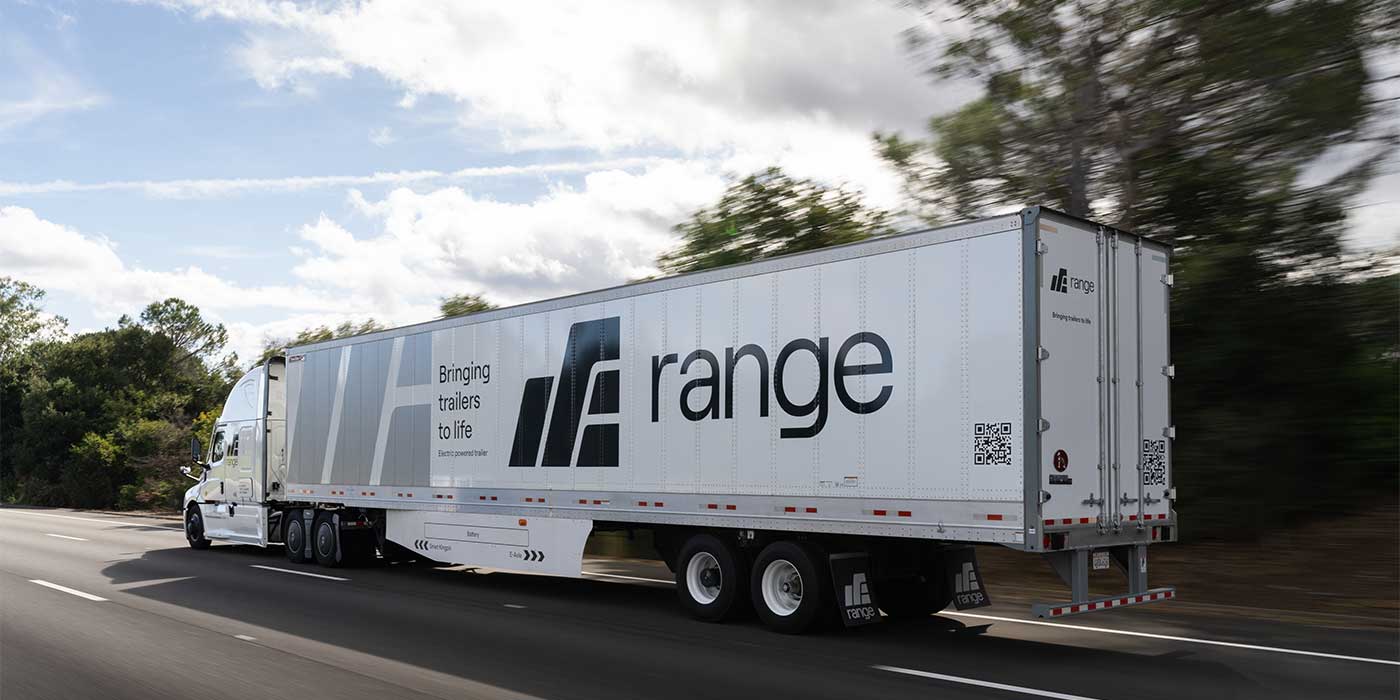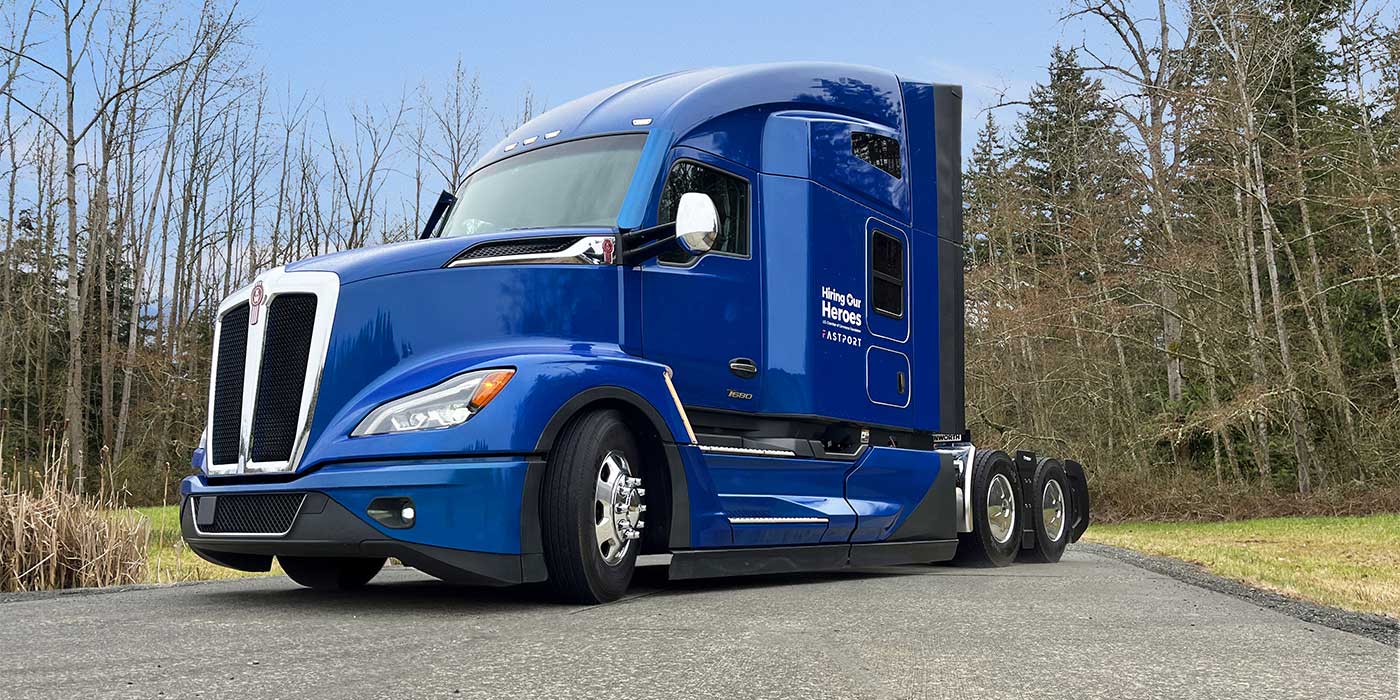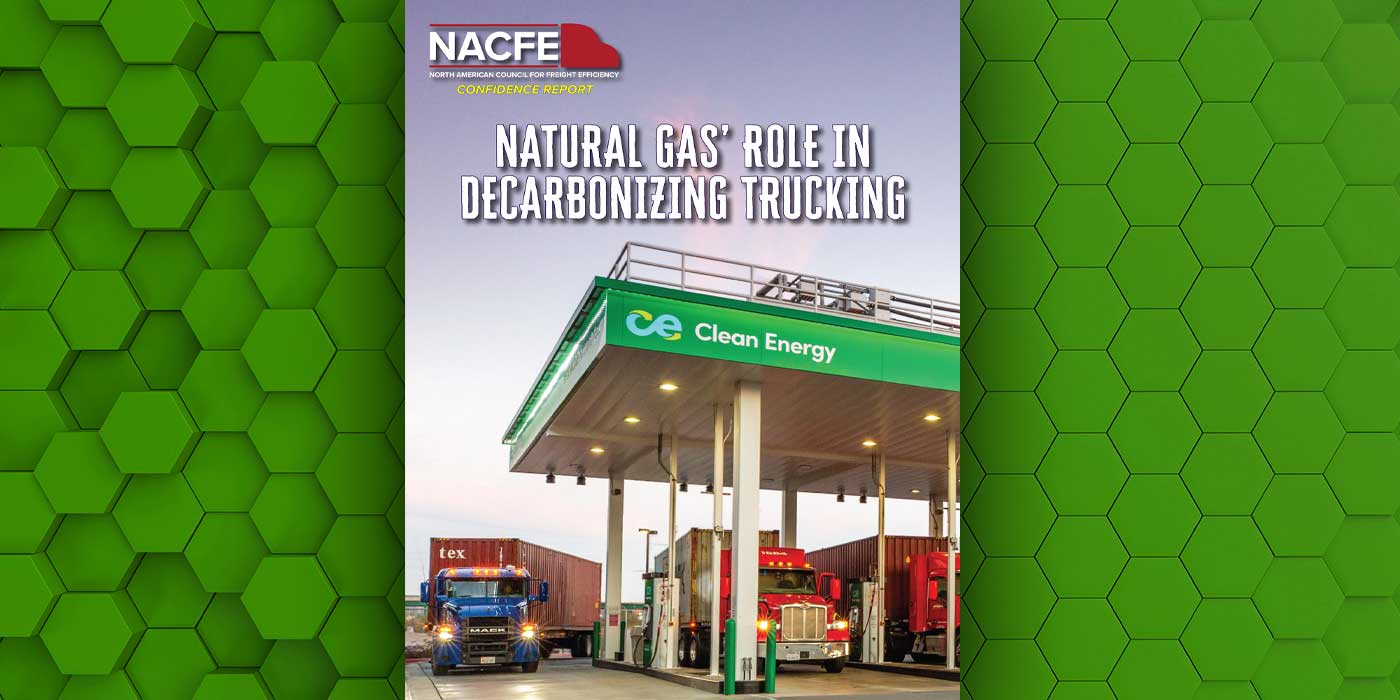Renewable diesel has gotten a lot of attention from fleets over the past few years, and for good reason: It’s a drop-in replacement to petroleum diesel that offers excellent performance and cuts emissions.
But what some fleets don’t realize is that same description applies to biodiesel; in some cases, biodiesel gives fleets additional advantages, including lower price, more product and further emission reductions.
So if you think renewable diesel makes the most sense for your fleet, let me explain why biodiesel may actually be a better fit.
Comparing the fuels
First, a little background on the two fuels.
Biodiesel is made from feedstocks such as recycled cooking oil, waste animal fats and vegetable oils. In the production process, the feedstock is reacted with methanol to produce fatty acid methyl esters (FAME). This process is called transesterification.
Renewable diesel is made from the same feedstocks, but it has a different production process and is a distinct fuel. With renewable diesel, the feedstock is reacted with hydrogen during what is known as the hydrotreating process.
How biodiesel stands out
Biodiesel distinguishes itself in three other key areas:
- Price: You will likely pay a premium for renewable diesel. Not only is biodiesel typically less expensive than renewable diesel, it often costs less than petroleum diesel.
- Supply: Part of the price difference is due to supply and demand. Renewable diesel production is lower than biodiesel’s in the U.S., and a lot of the nation’s renewable diesel supply goes to the West Coast. It can be a challenge for fleets and retailers outside the region to get product.
- Emissions: Both fuels do a great job compared with petroleum diesel at reducing harmful pollutants. But biodiesel actually does a superior job of reducing most tailpipe emissions.
Strong performance
Biodiesel also performs well in diesel vehicles. As seen in Fleet Equipment earlier this summer, fleets report that the added lubricity, higher Cetane and cleaner burn offered by biodiesel compared with ULSD are a benefit to their vehicles.
“We haven’t seen any drop-off in miles per gallon, and the added lubricity biodiesel brings is good for the engine and for reducing maintenance costs,” said Jeff Corbin, director of maintenance and fleet operations with Mahoney Environmental, an Illinois-based company with a national fleet. “Being a cleaner burning fuel also helps with our aftertreatment systems in our trucks.”
Ultimately, picking the right fuel depends on your unique circumstances.
This article was contributed by Troy Shoen, senior manager of marketing for Renewable Energy Group. You can contact him at at [email protected].

